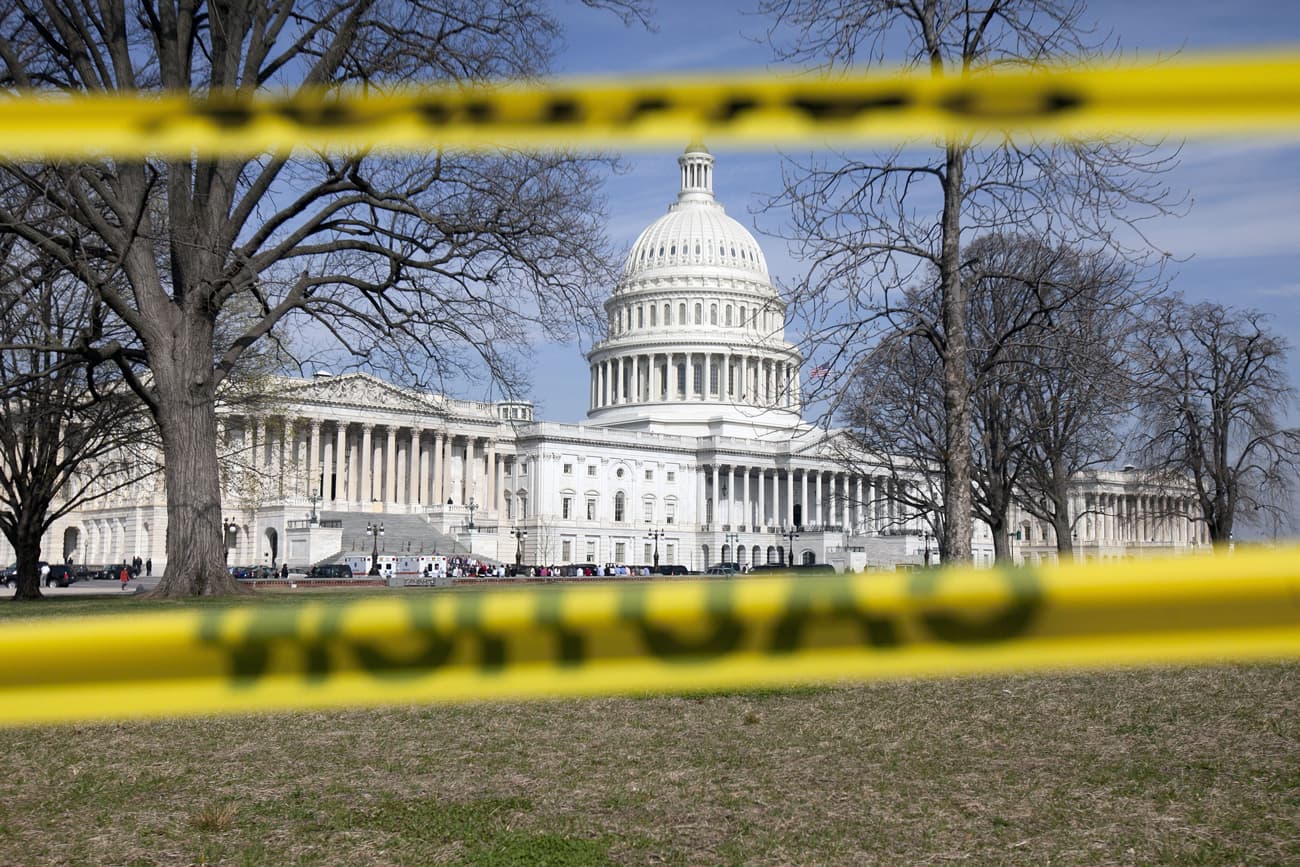
Update: Federal programs critical to the U.S. housing market are set to resume after the U.S. House of Representatives on approved legislation to fund the government and end the longest shutdown in American history. Learn more.
As the federal government shutdown enters its third week, the ripple effects across the real estate sector are becoming more visible, and more troubling. Critical housing and mortgage programs are now operating with limited capacity, if at all, putting a strain on buyers and sellers across the country.
While the impact of the shutdown is still unfolding, the longer the impasse drags on, the greater the risk to market stability. Many federal agencies that play a key role in housing are currently operating with reduced staff or have suspended critical functions.
"Real estate accounts for nearly 20% of the U.S. economy, touching every community and driving millions of jobs," says NAR Executive Vice President and Chief Advocacy Officer Shannon McGahn. "Each additional day of uncertainty threatens programs that help buyers, sellers and property owners navigate an already challenging market."
Legislative Stalemate Continues
On Sept. 19, the House passed a stopgap funding bill, known as a continuing resolution or CR, aimed at keeping the government funded through Nov. 21. However, that measure has now failed in the Senate 10 times, including multiple times last week.
Without consensus on a full-year appropriations package or a stopgap funding measure, federal operations will largely remain shuttered. While negotiations continue, there is no clear path forward as of this week.
Furthermore, the shutdown has stalled legislative hearings on Capitol Hill. NAR was slated to participate in hearings on a wide variety of issues, including housing supply, affordable housing, property insurance affordability and availability, status of foreign buyers and access to capital for new buyers.
Advocacy Efforts
NAR has been actively engaging with lawmakers on both sides of the aisle to communicate the critical importance of federal housing programs and the urgent need to fund them.
“Our message to Congress is clear,” McGahn emphasizes. “Housing cannot wait. We encourage the Senate to pass the clean bipartisan CR or long-term funding package to open the government. Americans trying to buy or sell a home, invest in their communities, or simply get by in an uncertain market, deserve stability from their government.”
Since the shutdown began, the National Flood Insurance Program authority to issue new policies has lapsed. While existing policies remain active and transferable, with a 30-day grace period for renewal, many policies issued in October could begin to expire after 30 days, leaving homeowners exposed in the middle of hurricane season.
Beyond NFIP, government shutdowns can delay or halt IRS income verification, FHA and VA loan processing, and funding for federal affordable housing programs, slowing or pausing transactions nationwide. In total, shutdown-related disruptions could touch hundreds of thousands of homebuyers, sellers and renters, adding uncertainty to a market already struggling with affordability and supply challenges.
“The longer the government shutdown goes on,” McGahn says, “the greater the negative impact on the real estate economy and taxpayers.”











